Russia News Review: Advice to the Russian Leadership | M.N.: The Histories of the Human Civilizations are the Histories of Weapons and Sciences used for their defense and for attacks on other cultures - 8:02 AM 1/5/2022
M.N.:
— Michael Novakhov (@mikenov) January 5, 2022
The Histories of the Human Civilizations are the Histories of Weapons and Sciences used for their defense and for attacks on other cultures. - Google Search https://t.co/HmqvQushUH https://t.co/IbNA750Urq
Russia News Review: Advice to the Russian Leadership | Who really is Vladislav Klyushin? | NATO, US, Israel, and Russia Space Laser Weapons Comparison – Google Search

NATO, US, Israel, and Russia Space Laser Weapons Comparison – Google Search https://shar.es/aWKET1
Advice to the Russian Leadership
My humble advice to the Russian Leadership with regard to the recent tensions with Ukraine and NATO:
Russia’s choice of the path of the future historical development is not the subject of the diplomatic bargaining, falsely percieved military threats, and paranoid fears. It is the subject of the objective historical-cultural realities, which is the Common European, or Eurasian, if you prefer this term, Home, as it was formulated by the Gorbachev reformers in the 1990-s. That was the underlying essence of their quest.
Russia and Europe, including the US, as the part of the Western Civilization, dance around each other very carefully and warily, and for many centuries. The US is the least burdened by this old historical baggage, by the way.
The development of the modern communications, from the transportations to cyber communications, and the unprecedented development of the modern Information Technologies are the decisive factors in the World progress, development, and integration in general, and Russia – Europe integrations, in various aspects, ways, shapes, and forms, in particular. These are the undelying basics.
The new, emerging Security Architecture for the Eurasian space should take into account and provide the common security for all the participating states, including Russia and the former USSR republics.
Forget the Russian Impertial ambitions and the “Third Rome or the “Fourth Reich” delusions.
Accept the long term historical realities.
View yourselves as the part of this common Home and discuss the various issues with your European neighbors and the US to enhance this common security, not to undermine it.
There are no valid grounds for the present antagonisms. I agree with the opinions of many objective observers, that Nato is not a military threat to Russia in the present circumstances.
Think about it, digest it, sleep on it.
Take your part in bulding the common Home, taking into consideration the wills and desires of your neigbors, such as Ukraine, Georgia, Moldova, and others, whom Russia called “the brotherly people” in not so distant past.
The blackmails, manipulations, and threats will not work in today’s climate, and this type of interactions leads only to the dicreditation of Russia, distrust and hostility towards her.
Mr. Putin, do not think about your own historical legacy, which you appear like buiding presently, as the “Unifyer or Restorer” of the “Russian lands”. Think about the Russia’s and the former USSR republics’ true historical future.
Finish your “two steps back” and make a good, bold, smart step forward.
Michael Novakhov (Mike Nova) | 8:02 AM 1/5/2022
#Putin#PutinTrump
Will he spill the Chocolate Beans? That’z zi Question!
Russia News Review: U.S. nabs highest-ranking #Kremlin insider ‘in recent memory’
Стало известно о доступе бизнесмена Клюшина к данным о спецоперациях #ГРУ – #Russia News https://shar.es/aWKh8T
Швейцария выдала США российского бизнесмена Клюшина https://p.dw.com/p/44XI2?maca=ru-Twitter-sharing …

Швейцария выдала США российского бизнесмена Клюшина
Бизнесмен Владислав Клюшин был передан в аэропорту Цюриха представителям полиции США. Американские власти обвиняют его в торговле инсайдерской информацией.dw.com
Russia News Review: U.S. nabs highest-ranking Kremlin insider ‘in recent memory’ | Стало известно о доступе бизнесмена Клюшина к данным о спецоперациях ГРУ – #Russia News Review – Monday January 3rd, 2022 at 3:23 PM https://shar.es/aWKhyU
U.S. nabs highest-ranking Kremlin insider ‘in recent memory’
“You may be seeing the signs that they are continuing to pursue this case, with real big implications for exposing in even greater detail what the Russians did to influence the outcome of our election,” said Michael McFaul, former U.S. ambassador to Russia in the Obama administration.
According to the insider trading indictment, Klyushin’s IT company, M-13, worked for the Russian presidency and governmental agencies. Also named in the indictment was Ivan Yermakov, a former military intelligence official who was indicted in 2018 as part of special counsel Robert Mueller’s investigation into Russian interference in 2016.
But the intriguing part of Klyushin’s capture in Switzerland may be that he traveled there at all.
Bloomberg reports that Klyushin was “approached by U.S. and U.K. spy agencies in the two years before his exit from Russia and received heightened levels of security in Switzerland.” He also curiously failed to make a final appeal challenging his extradition to the U.S. after both U.S. and Russian officials had been competing to win his extradition from Switzerland following his arrest there.
“It underscores the risk that anybody, billionaires or others close to the Russian state, face when they break American laws if they travel abroad,” McFaul noted.
Российский бизнесмен Владислав Клюшин, который ранее был экстрадирован из Швейцарии в США, имел доступ к данным о секретных зарубежных операциях Главного разведывательного управления (ГРУ) Генштаба РФ. Об этом стало известно Bloomberg от источников, близких к Кремлю и российской разведке.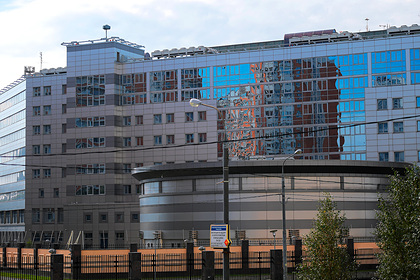
Lenta.ru : Новости
news, politics
Russia says it wants to negotiate a legally binding guarantee that the NATO military alliance would give up any military activity in eastern Europe and Ukraine. The demands form a package that Russia says is an essential requirement for lowering tensions in Europe and defusing a crisis over Ukraine, which other countries have accused Russia of sizing up for a potential attack – something it has denied. They also contained elements – such as an effective Russian veto on NATO membership for Ukraine – that the US and its allies have already ruled out. Presenting the demands in detail for the first time, Deputy Foreign Minister Sergei Ryabkov told reporters that Russia and NATO must start from a clean sheet in rebuilding relations. “The line pursued by the United States and NATO over recent years to aggressively escalate the security situation is absolutely unacceptable and extremely dangerous,” he said. “Washington and its NATO allies should immediately stop regular hostile actions against our country, including unscheduled exercises… and manoeuvres of military ships and planes, and stop the military development of Ukrainian territory.” Sam Greene, professor of Russian politics at King’s College London, said on Twitter that President Vladimir Putin was “drawing a line around the post-Soviet space and planting a ‘keep out’ sign”. “It’s not meant to be a treaty: it’s a declaration,” he said. “But that doesn’t necessarily mean this is a prelude to war. It’s a justification for keeping Moscow’s hair-trigger stance, in order to keep Washington and others off balance. Question is, how long can that be maintained, before it loses its efficacy?” Ryabkov said Russia was not willing to put up with the current situation any more. He urged the United States to take the proposals seriously and come up with a constructive response fast. Ryabkov said Russia was ready to start talks as soon as Saturday, with Geneva a possible venue, and that its negotiating team was ready. White House press secretary Jen Psaki said the United States had seen the proposals and was speaking to allies. “There will be no talks on European security without our European allies and partners,” Psaki told reporters. Russian news agency TASS quoted Ryabkov as saying later that his government was extremely disappointed by the signals coming from the United States and NATO. Russia handed over its proposals to the US earlier this week amid soaring tensions over a build-up of Russian troops near Ukraine. It says it is responding to what it sees as threats to its own security from Ukraine’s increasingly close relations with NATO and aspirations to join the alliance although there is no imminent prospect of Ukraine being allowed to join. The Russian proposals were set out in two documents – a draft agreement with NATO countries and a draft treaty with the United States, both published by the foreign ministry. Important points of the two documents include: – To rule out further NATO expansion and Ukraine’s accession to the alliance – Not to deploy additional troops and weapons outside the countries in which they were in May 1997 (before any eastern European countries joined the alliance) except in exceptional cases with the consent of Russia and NATO members – To abandon any NATO military activities in Ukraine, eastern Europe, the Caucasus and central Asia – Not to deploy intermediate and shorter-range missiles where they can hit the territory of the other side – Not to conduct exercises with more than one military brigade in an agreed border zone, and to regularly exchange information about military exercises – To confirm that the parties do not consider each other as adversaries, and agree to resolve all disputes peacefully and refrain from the use of force – To commit not to create conditions that might be perceived as a threat by the other party – To create hotlines for emergency contacts – To agree that neither Russia nor the United States may deploy nuclear weapons outside their own territories. Australian Associated Press
/images/transform/v1/crop/frm/silverstone-feed-data/793f58dc-c41c-4e27-9ad1-329724ffccab.jpg/r0_74_800_526_w1200_h678_fmax.jpg
Russia says it wants to negotiate a legally binding guarantee that the NATO military alliance would give up any military activity in eastern Europe and Ukraine.
The demands form a package that Russia says is an essential requirement for lowering tensions in Europe and defusing a crisis over Ukraine, which other countries have accused Russia of sizing up for a potential attack – something it has denied.
They also contained elements – such as an effective Russian veto on NATO membership for Ukraine – that the US and its allies have already ruled out.
Presenting the demands in detail for the first time, Deputy Foreign Minister Sergei Ryabkov told reporters that Russia and NATO must start from a clean sheet in rebuilding relations.
“The line pursued by the United States and NATO over recent years to aggressively escalate the security situation is absolutely unacceptable and extremely dangerous,” he said.
“Washington and its NATO allies should immediately stop regular hostile actions against our country, including unscheduled exercises… and manoeuvres of military ships and planes, and stop the military development of Ukrainian territory.”
Sam Greene, professor of Russian politics at King’s College London, said on Twitter that President Vladimir Putin was “drawing a line around the post-Soviet space and planting a ‘keep out’ sign”.
“It’s not meant to be a treaty: it’s a declaration,” he said.
“But that doesn’t necessarily mean this is a prelude to war. It’s a justification for keeping Moscow’s hair-trigger stance, in order to keep Washington and others off balance. Question is, how long can that be maintained, before it loses its efficacy?”
Ryabkov said Russia was not willing to put up with the current situation any more.
He urged the United States to take the proposals seriously and come up with a constructive response fast.
Ryabkov said Russia was ready to start talks as soon as Saturday, with Geneva a possible venue, and that its negotiating team was ready.
White House press secretary Jen Psaki said the United States had seen the proposals and was speaking to allies.
“There will be no talks on European security without our European allies and partners,” Psaki told reporters.
Russian news agency TASS quoted Ryabkov as saying later that his government was extremely disappointed by the signals coming from the United States and NATO.
Russia handed over its proposals to the US earlier this week amid soaring tensions over a build-up of Russian troops near Ukraine.
It says it is responding to what it sees as threats to its own security from Ukraine’s increasingly close relations with NATO and aspirations to join the alliance although there is no imminent prospect of Ukraine being allowed to join.
The Russian proposals were set out in two documents – a draft agreement with NATO countries and a draft treaty with the United States, both published by the foreign ministry.
Important points of the two documents include:
– To rule out further NATO expansion and Ukraine’s accession to the alliance
– Not to deploy additional troops and weapons outside the countries in which they were in May 1997 (before any eastern European countries joined the alliance) except in exceptional cases with the consent of Russia and NATO members
– To abandon any NATO military activities in Ukraine, eastern Europe, the Caucasus and central Asia
– Not to deploy intermediate and shorter-range missiles where they can hit the territory of the other side
– Not to conduct exercises with more than one military brigade in an agreed border zone, and to regularly exchange information about military exercises
– To confirm that the parties do not consider each other as adversaries, and agree to resolve all disputes peacefully and refrain from the use of force
– To commit not to create conditions that might be perceived as a threat by the other party
– To create hotlines for emergency contacts
– To agree that neither Russia nor the United States may deploy nuclear weapons outside their own territories.
Australian Associated Press
WASHINGTON – President Joe Biden spoke with Russian President Vladimir Putin for nearly an hour Thursday amid growing concerns over Moscow’s military buildup along the border with Ukraine.
Biden told Putin that the United States and its allies “will respond decisively if Russia further invades Ukraine,” White House press secretary Jen Psaki said in a statement released after the phone call.
A senior administration official said Biden told Putin he has two options: diplomacy leading to de-escalation or further aggression leading to “serious costs and consequences.”
The possible consequences include economic sanctions, adjustments of NATO forces in allied nations and additional assistance to Ukraine to defend its territory, said the official, who briefed reporters on the condition of anonymity.
The White House has repeatedly warned Russia against invading its neighbor — with a senior administration official labeling the situation a “moment of crisis” Wednesday — and Biden’s call with Putin marked a new test of American diplomacy and leadership.
“Biden is under pressure to show results and to show whether the United States, with its allies, can deter Russia and get it to step down from this build up,” said Angela Stent, director of the Center for Eurasian, Russian and East European Studies at Georgetown University.
Biden’s call with Putin lasted roughly 50 minutes, ending at 4:25 p.m. EST, according to the White House.
Russia has ramped up its military presence along Ukraine’s eastern border over the past several months. Biden and America’s Western allies have said they will impose tough economic sanctions against Russia if its aggression against Ukraine escalates.
Ukraine declared independence from the former Soviet Union in 1991, and it is now a fledgling democracy with a pro-Western tilt. U.S. foreign policy experts say it is in America’s interest to stave off Russian aggression, particularly as Putin looks to rebuild the Soviet empire.
Russia annexed the Crimean peninsula in 2014, a swath of Ukrainian territory located between the Black Sea and the Sea of Azov. The Kremlin has continued to try to undermine the country’s sovereignty, militarily and in other ways.
The White House has previously said discussions with Russia would be more productive if Putin withdraws some of the estimated 100,000 Russian troops from Ukraine’s border. However, troop presence has remained consistent, worrying the White House.
What is happening at Ukraine’s border?:Putin’s buildup of Russian troops sparks concern
Biden and Putin’s call came ahead of a bilateral meeting between U.S. and Russian officials scheduled for Jan. 10. That same week, there will also be meetings between NATO and Russia, as well as the Organization for Security and Cooperation in Europe, where Ukraine will be present.
The administration official said Biden viewed his conversation with Putin on Thursday as an opportunity to lay the groundwork for the upcoming January meetings.
“Both leaders acknowledged that there were likely to be areas where we could make meaningful progress,” the official said.
Putin has said he wants the U.S. and Western allies to not allow Ukraine to join NATO — a move he argues would pose a threat to Russian security. The Russian leader has also demanded that NATO no longer station troops or military equipment in countries that were formerly part of the Soviet Union.
“We have made it clear that any further movement of NATO to the East is unacceptable,” Putin said at a news conference on Dec. 23. “Is there anything unclear about this? Are we deploying missiles near the US border? No, we are not. It is the United States that has come to our home with its missiles and is already standing at our doorstep.”
Biden held a high-stakes video teleconference with Putin earlier this month, where he emphasized that he preferred a diplomatic solution to the crisis in Ukraine. However, the president warned that if Russia invades Ukraine, the U.S. would send additional defense resources to Ukraine and would look to deploy additional forces to fortify its NATO allies in the area.
Contributing: Michael Collins, Matthew Brown and Joey Garrison
Reach Rebecca Morin at Twitter @RebeccaMorin_
Moscow has unveiled outlandish security demands which sound aggressive and suggest that it may underestimate both NATO and Ukraine. Although any new Russian invasion could be devastating, they must prepare for the possibility.
The Brezhnev-era Kremlin underestimated the West. In the late 1970s, the USSR began deploying SS-20 theater-range ballistic missiles aimed at Europe and Japan. Despite Moscow’s fierce campaign (PDF) of propaganda, disinformation, and intimidation, NATO responded by deploying in Europe missiles of comparable range. Having failed to scare NATO into submission, hidebound Soviet leaders lost face. Then a liberalizing leader, Mikhail Gorbachev, came to power and agreed with President Ronald Reagan to ban both sides’ missiles.
Soviet leaders in the “era of stagnation” may have believed their own false propaganda that the West was weak and disunited. Today’s Kremlin may be making the same mistake.
On December 17, Moscow publicized proposed demands which would in effect require the United States to withdraw from Europe and NATO to collapse. Only a day later, the Kremlin said it might “up the ante.” Nonetheless, on December 21 U.S. national security advisor Jake Sullivan said the United States was ready for talks in “full coordination with our European allies and partners.”
In his December 23 press conference, Putin said he had “so far seen a positive reaction” to Moscow’s proposals, but satellite photos show that in mid-December Russia was still deploying more tanks, short-range ballistic missiles, and other arms near Ukraine.
Russia’s demands would force the United States to remove its nuclear weapons from Europe and forego deployment of theater-range missiles, even though such weapons could be deployed in European Russia. Proposed accords would ban NATO from admitting any “former Soviet republic” even though NATO has rejected such a ban. They would require that NATO withdraw infrastructure in its eastern members, but the heightened Russian threat to Ukraine may spur NATO to do the opposite. Evidently anxious about popular uprisings against its rule, the Kremlin also demands a ban on “actions aimed at changing the political or social order.”
Putin hinted that the purpose of new unrealistic demands was to help create a justification for war.
The Kremlin knows how to negotiate constructively, as it did successfully when it achieved the New START Treaty and the Iran nuclear agreement. On December 21, President Vladimir Putin hinted that the purpose of the new unrealistic demands was to help create a justification for war: “If our Western counterparts continue a clearly aggressive line, we will undertake proportionate military-technical countermeasures.”
Thus, NATO might be wise to consider that Russia could launch a wider invasion of Ukraine. Wars always bring uncertainties, but several considerations could be relevant.
First, any attempt to seize a large area east of the Dnipro River, including such cities as Karkhiv, Dnipro, and Odessa, and possibly Kyiv, would pose a major military operational challenge and take time. Looking at a notional scenario of an invasion by 130,000 Russian troops, RAND found that the operation would take “weeks, if not months, to fully develop and execute.” And an invasion could meet resistance and incur heavy casualties.
Second, in 2014 Russian invaders faced a disorganized but determined Ukrainian opposition, but this time they would confront a better trained, armed, and motivated fighting force. Even a Russian “shock and awe” assault—mass cyber and electronic attacks, and a multi-front combined arms operation—might not easily carry the day.
Ukraine’s defenses could be stressed but still slow invaders. Many Ukrainian commanders and soldiers are battle-hardened from the seven-year war in the Donbas. To reduce risks from drone attacks, some Ukrainian forces could disperse in small squads on ATVs or other mobile platforms. Equipped with precision-guided mortars, guided anti-tank and anti-aircraft missiles, and loitering munitions, mobile forces could frustrate some Russian battle plans.
Third, if Ukraine were at risk of being overrun or if adjacent NATO allies were threatened, NATO might intervene. As in the 1973 Yom Kippur War when Israel was threatened with potential defeat, the United States could airlift military aid. Washington has not provided Stinger anti-aircraft missiles, which could down Russian helicopters and low-flying fixed-wing aircraft, but in an extreme scenario it might do so. Although Biden says that providing U.S. troops is “not on the table,” in compelling circumstances NATO could unleash formidable air and naval power.
Fourth, the Kremlin might be tempted think that fears of a widened war or of attacks by cyber weapons, long-range precision-guided missiles, or even limited use of nonstrategic nuclear forces would deter NATO from intervening militarily. These concerns might be a factor, but the alliance has prepared to respond to aggression with its own tools of coercion. For example, it could mount cyber assaults that disrupt Russia’s economy and financial system and military logistics for its fighters in Ukraine.
The Kremlin may err if it thinks Ukraine or NATO would easily submit to aggression.
Fifth, Ukraine could mount a longer-term insurgency against Russian occupiers, which might be stretched thin or rely partly on ill-trained conscripts. On December 19, The Washington Post said the Biden administration was exploring ways to aid guerillas. An insurgency might be sustainable if Ukraine west of the Dnipro River or an adjacent NATO member state were to be a sanctuary and source of resupply. At the same time, Russian reactions to armed resistance could be “swift, direct, and brutal.”
The Kremlin may err if it thinks Ukraine or NATO would easily submit to aggression. The hour is late, but Kremlin leaders might consider instead seeking a stable European security architecture that protects Russia’s interests while also allowing for a vibrant and sovereign Ukraine.
William Courtney is an adjunct senior fellow at the nonprofit, nonpartisan RAND Corporation, and was U.S. Ambassador to Kazakhstan, Georgia, and a U.S.-Soviet commission to implement the Threshold Test Ban Treaty. Peter A. Wilson is an adjunct international/defense researcher at RAND.
This commentary originally appeared on Moscow Times on December 27, 2021. Commentary gives RAND researchers a platform to convey insights based on their professional expertise and often on their peer-reviewed research and analysis.

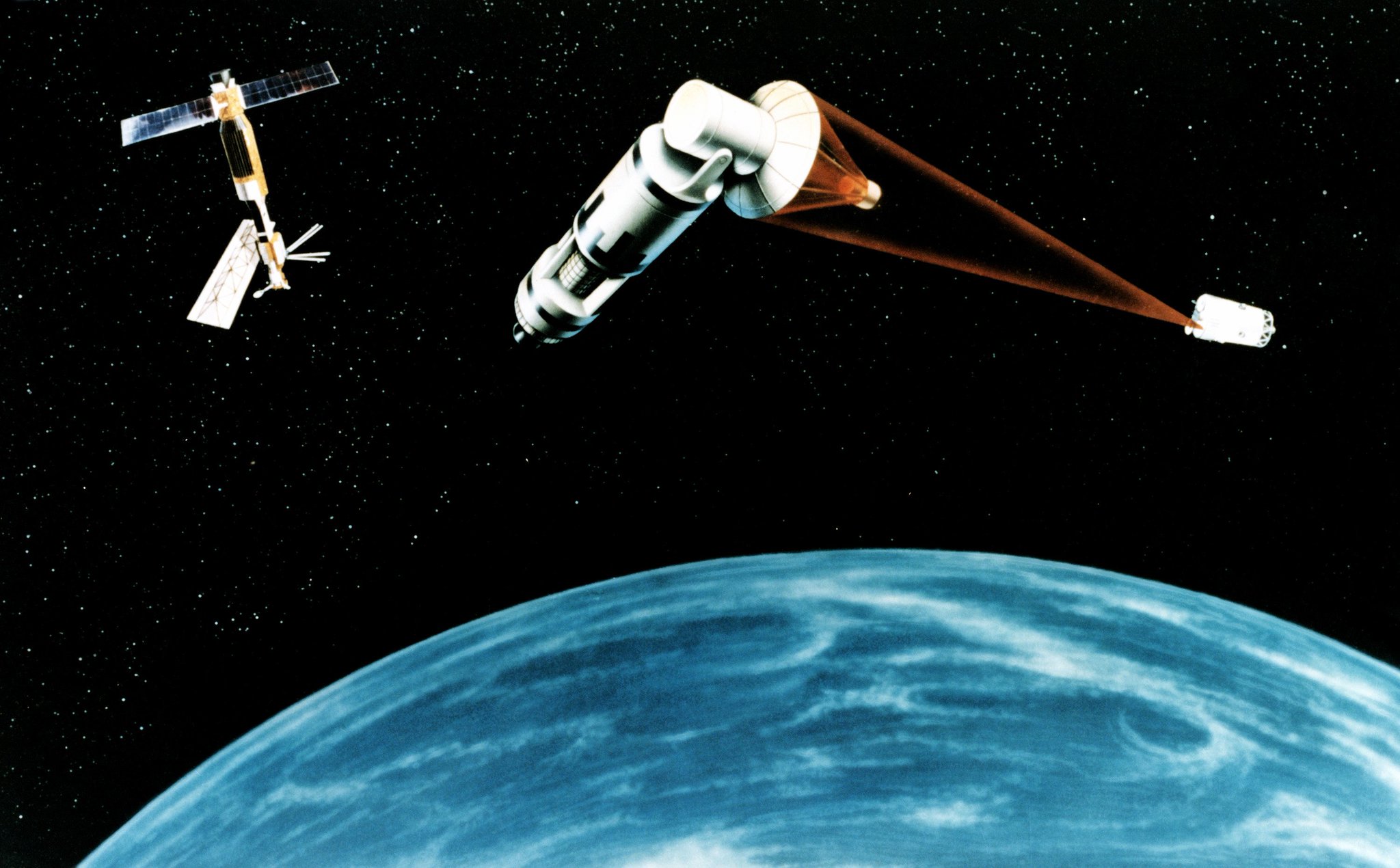


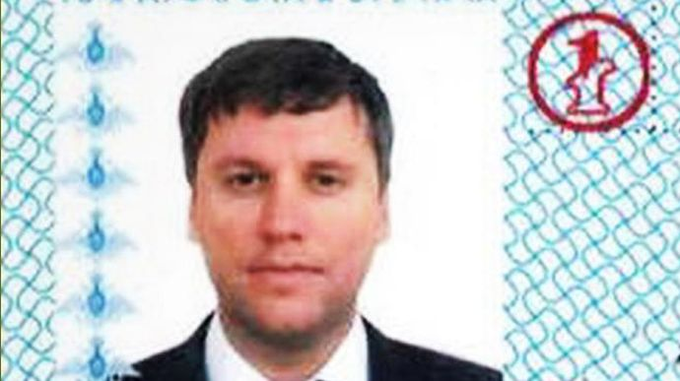
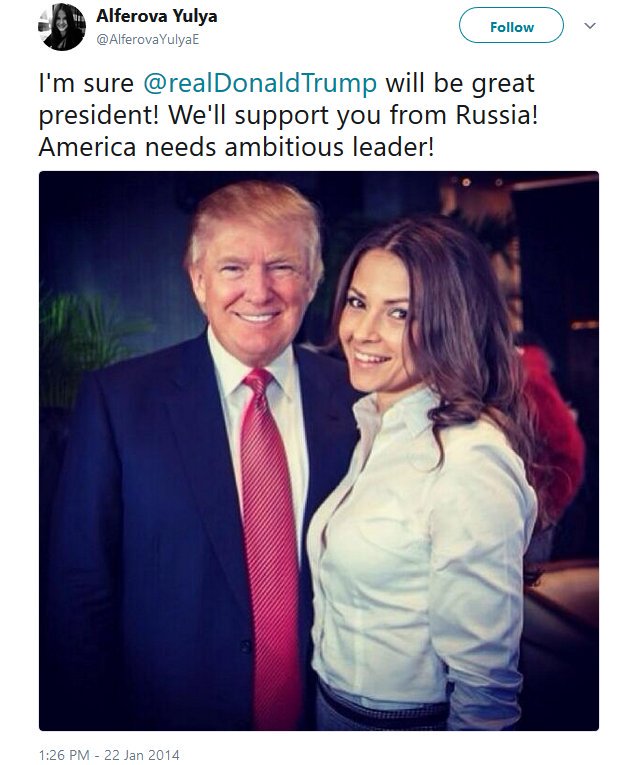
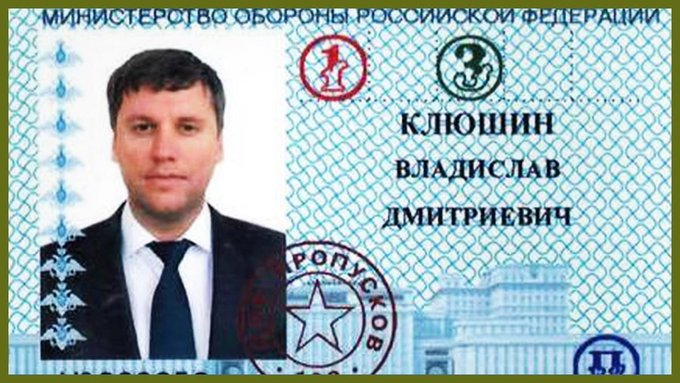



Comments
Post a Comment